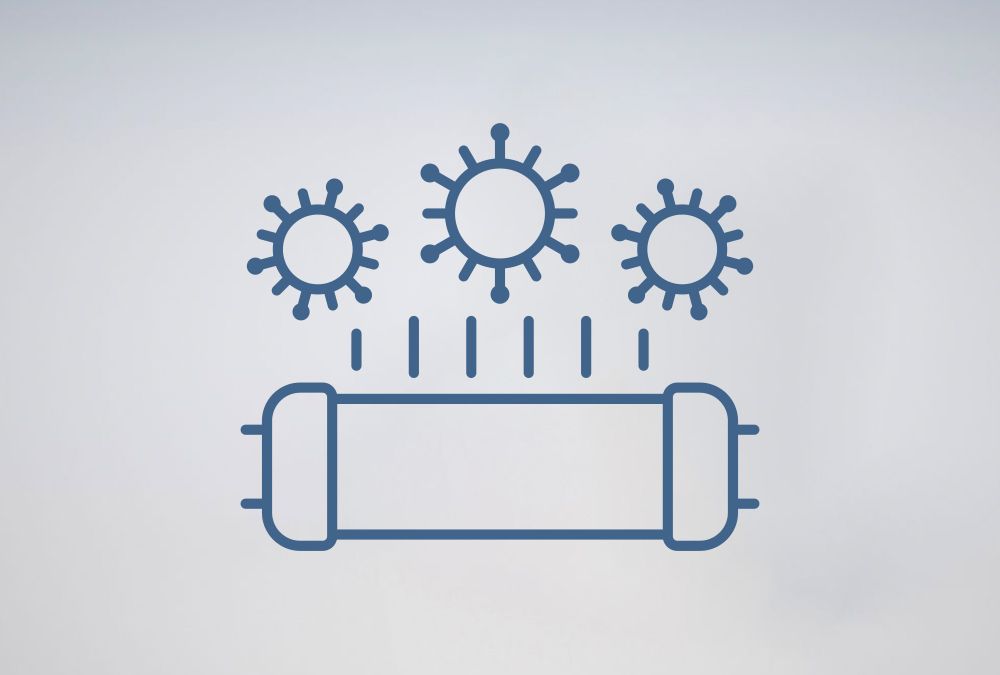In the ever-evolving landscape of healthcare, ensuring patient safety is paramount. Sterile Aware, a hub for cutting-edge technologies and methodologies, continues to explore innovative solutions to address hospital-acquired infections. One such groundbreaking approach gaining attention is Ultraviolet C (UV-C) light disinfection.
Recent research, led by Dr. David Pegues from the Perelman School of Medicine at the University of Pennsylvania, sheds light on the transformative effects of UV-C light disinfection in reducing C. difficile infections (CDI) among high-risk patients. Published in the esteemed journal “Infection Control & Hospital Epidemiology”, the study demonstrates the prowess of UV-C technology in enhancing patient safety and curbing the spread of healthcare-associated infections.
UV-C light disinfection, utilizing short-wavelength ultraviolet light, proves to be a fast, safe, and effective technology in minimizing the risk of CDI associated with hospital environments. Dr.Pegues emphasizes the significance of UV-C light in reducing CDI rates and its potential impact on healthcare savings, estimating between $350,000 and $1.5 million annually.
The study, conducted in three hematology-oncology units at the Hospital of the University of Pennsylvania, spanned one year from February 2014 to January 2015. Results from units incorporating UV disinfection into standard protocols showcased a remarkable 25% reduction in CDI rates among new patients compared to the previous year. In stark contrast, non-study units experienced a 16% increase in CDI rates during the same period.
This groundbreaking research emphasizes the efficacy and efficiency of UV-C light disinfection without adversely impacting room turnaround time. Room cleaning, when facilitated by the Environmental Services team using UV-C technology, took only an average of five minutes longer compared to non-study units. This highlights the seamless integration of UV-C light disinfection into existing protocols, showcasing its practicality and effectiveness.
At Sterile Aware, we believe in championing technologies that prioritize patient safety and contribute to the eradication of healthcare-associated infections. The success of UV-C light disinfection in reducing CDI rates aligns seamlessly with our mission to promote a sterile and safe healthcare environment.
While UV-C light disinfection has shown remarkable efficacy against C. difficile, it is important to note that the study found no significant impact on other healthcare-associated infections, such as methicillin-resistant Staphylococcus aureus (MRSA). This emphasizes the need for a multifaceted approach to infection control, wherein UV-C technology complements existing strategies.
UV-C light disinfection emerges as a beacon of hope in the realm of patient safety and infection control. Advocates for the integration of UV-C technology into healthcare settings, recognize its potential to revolutionize the way we approach disinfection.
As we navigate the complexities of healthcare, all involved should remain committed to exploring and promoting innovations that enhance patient safety. UV-C light disinfection supports a dedication to a sterile, safe, and patient-centric healthcare environment. Let’s embrace cutting-edge technologies and pave the way for a healthier tomorrow.
References:
Demeersseman N, Saegeman V, Cossey V, Devriese H, Schuermans A. Shedding light on ultraviolet-C technologies in the hospital environment. J Hosp Infect. 2023 Feb;132:85-92. doi: 10.1016/j.jhin.2022.12.009. Epub 2022 Dec 21. PMID: 36565930; PMCID: PMC9769028.
Martonicz, T. W. (2023a, October 26). Handheld UV-C technology: A solution to combat healthcare-associated infections. Infection Control Today. https://www.infectioncontroltoday.com/view/handheld-uv-c-technology-solution-combat-health-care-associated-infections
Society for Healthcare Epidemiology of America. (2016, October 6). UV light disinfection significantly reduces Clostridium difficile incidence. ScienceDaily. Retrieved November 22, 2023 from https://www.sciencedaily.com/releases/2016/10/161006120507.htm




0 Comments